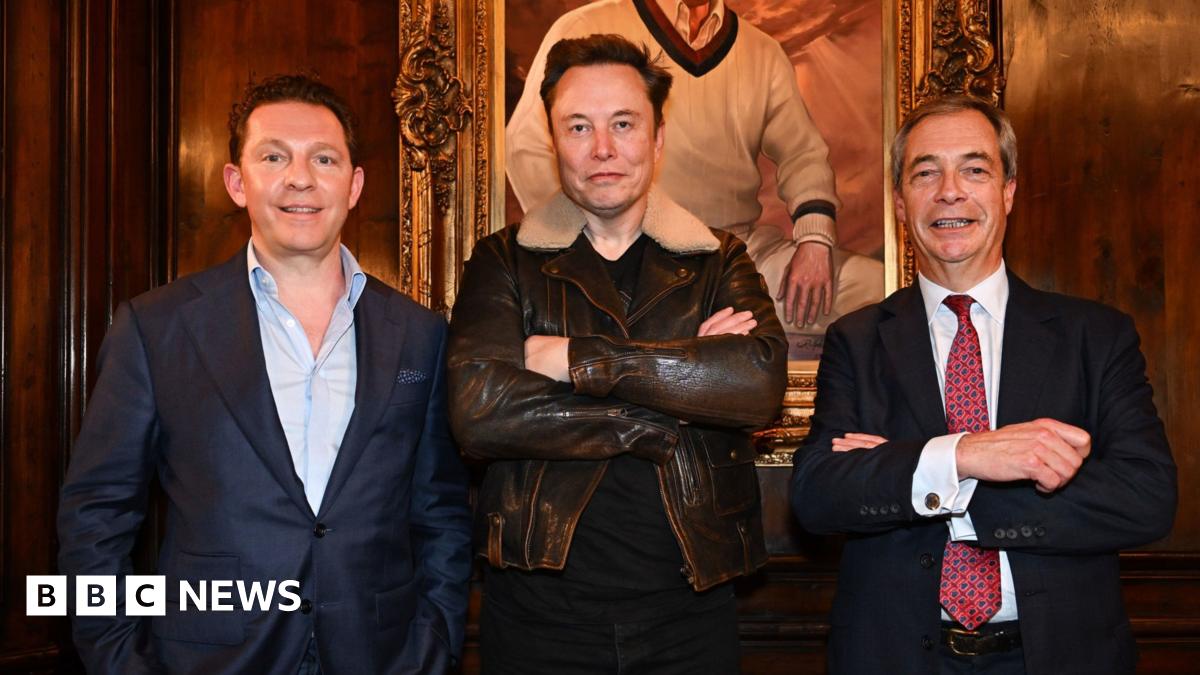World
Keir Starmer and top Labour colleagues to stop taking clothes gifts from donors

Labour’s first party conference as a new government risks being overshadowed by the donations row as Keir Starmer, Rachel Reeves and Angela Rayner gave in to pressure to stop accepting clothes as free gifts.
The decision followed days of criticism over the Labour peer Waheed Alli funding Starmer’s work wardrobe, as well as clothes for his wife, Victoria, that were not initially declared. The Guardian revealed on Friday that Reeves and Rayner also received donations for work outfits.
Lord Alli, a businessman who is Labour’s main fundraiser, had given Starmer £2,435 worth of glasses and £16,200 worth of work clothing, as well as a stay in an £18m penthouse apartment and there were questions that Starmer may have broken parliamentary rules by failing to declare clothes bought for his wife by Alli within 28 days of receiving them. Downing Street said on Monday that the parliamentary standards commissioner would not be launching an investigation.
Rayner, the deputy prime minister, was given a donation for work clothing from Alli in June. This was declared as a donation in kind from the peer worth £3,550, without explaining it was for outfits. The deputy prime minister is understood to have contacted the registrar of interests to give a fuller description of the donation.
Reeves has accepted a donation of £7,500 from a donor, Juliet Rosenfeld, since the beginning of last year, which was used to pay for clothing.
Reeves declared it as a cash donation rather than as a gift and has been assured this was within the rules.
The prime minister, Rayner and Reeves are all understood to have decided they will not take donations to pay for clothes in future.
The row over donations has dogged Starmer, who had pledged to run a government of high standards.
While he has insisted he has broken no rules, the saga has threatened to derail the start of the Labour conference in Liverpool this weekend.
No 10 has also been destabilised by a row over Starmer’s chief of staff, Sue Gray, after it emerged she was given a pay rise that meant she is earning £170,000 a year – marginally more than the prime minister.
Other new Labour staff more junior than Gray have taken pay cuts compared with their old jobs.
After a difficult week, Starmer will not do the traditional conference round of interviews with broadcasters on Sunday morning and instead make his main appearance at his speech on Tuesday.
No 10 sources said this had always been the plan given he appeared on the BBC’s Laura Kuenssberg programme a couple of weeks ago.
Amid frequent warnings from ministers that this autumn’s budget will be painful because of the parlous state of the country’s finances, and the row over cutting the winter fuel allowance to most pensioners, Starmer’s poll ratings have plunged since the general election.
However, speaking to the Guardian, Rayner insisted Starmer’s popularity sould bounce back as the government delivered material improvements to people’s lives over the next five years.
In her first interview since Labour’s landslide election victory, Rayner said the prime minister had been underestimated before.
“I think he’ll be remembered as somebody who fixed the foundations,” she said. “Public service is not about being popular, it’s about being responsible more than anything. That’s more important.”
The prime minister has taken a defiant line in insisting he had complied with all rules over the declaration of more than £100,000 worth of free tickets, mostly to football matches and concerts, and gifts from Alli.
Overall, Starmer accepted more than any other MP in the last parliament, and any other major party leader.
The row led to several Labour figures suggesting Starmer’s behaviour was harming his reputation for putting public service first.
after newsletter promotion
John McDonnell, a former Labour shadow chancellor, said on Friday that early Labour leaders would have been surprised to see Starmer being “expensively clothed by rich sponsors”.
McDonnell, who had the whip suspended for refusing to vote to cut the winter fuel payment, said that when Keir Hardie was elected as the first Labour MP, he went to parliament in his working man’s tweed suit.
He said Hardie was not “expensively clothed by rich sponsors because as a matter of principle he refused to ape the Tories and Liberals in their expensive frock coats and silk top hats”.
“The early leaders of the Labour party must be spinning in their graves at the behaviour of some holding positions in the leading echelons of the Labour party today,” McDonnell added.
Writing for the Guardian, McDonnell also hit out at the “poor political judgment and the failure to control the self-serving arrogance of the heavies that now control much of the party machine, including the leader’s office”.
McDonnell, who served under Jeremy Corbyn’s leadership, said previous Labour leaders would have turned their minds to implementing socialist policies rather than bickering over their own pay.
Harriet Harman, a former interim Labour leader, suggested Starmer should admit that accepting the freebies was a mistake instead of trying to justify it.
The Labour veteran told a Sky News podcast: “You can either double down on it and try and justify it or you can just say: ‘It was probably a misstep, if I had my time again I wouldn’t do it and therefore I’m going to auction for charity or something’.”
Diane Abbott, the former shadow home secretary who had the Labour whip returned earlier this year, said on Friday: “I don’t always agree with Harriet Harman but she is right on this.”
Meanwhile, Stephen Flynn, the Scottish National party’s Westminster leader, said Starmer had shown “shockingly bad judgment”.
The prime minister has been facing questions over the potential conflict of interest created by accepting so many free tickets from Premier League clubs when the industry is lobbying against his plans for a football regulator.
One person involved in the formation of the regulator said there had been a huge amount of attempted lobbying by football clubs towards politicians and officials as they sought to water down the regulation.








